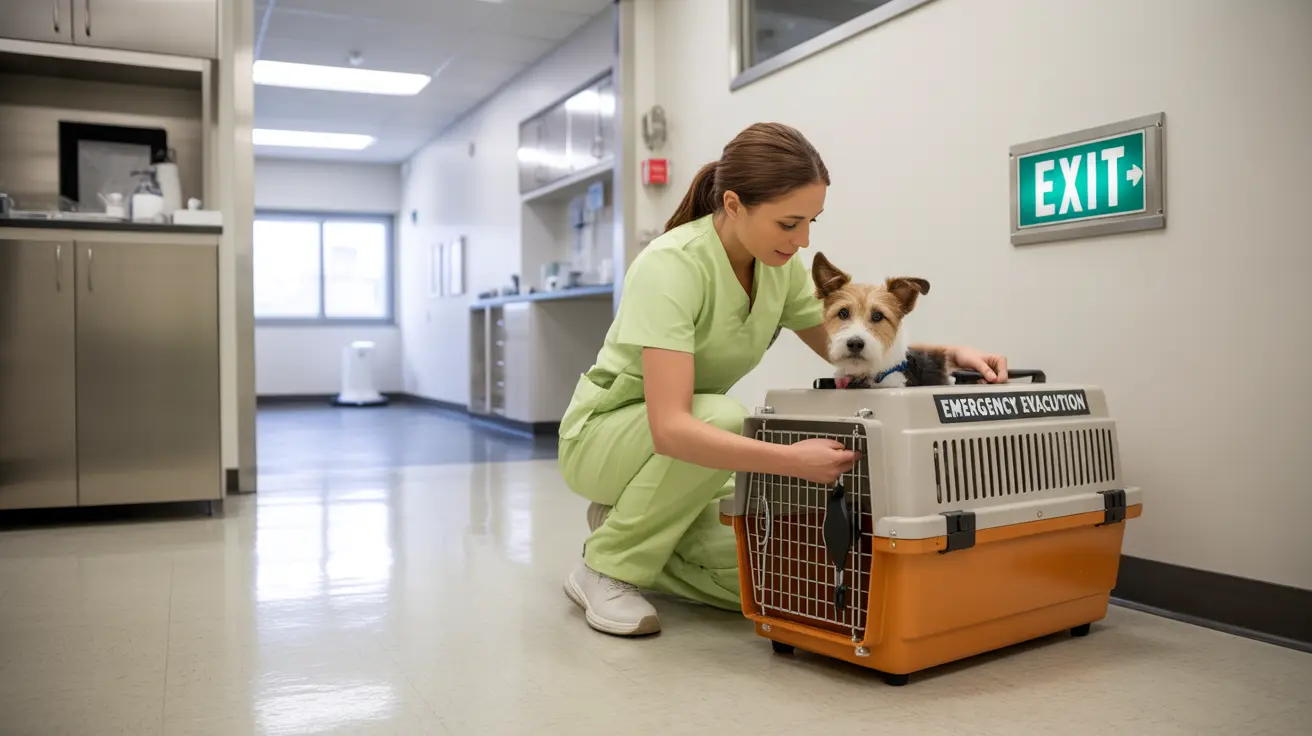The Brain-Gut Connection in Cats
Just like humans, cats have a complex network connecting their brain and digestive system, known as the gut-brain axis. When your cat experiences stress, their body releases hormones like norepinephrine, which can significantly impact digestive function.
These stress hormones can increase intestinal movement and reduce the time food spends in the digestive tract, often resulting in diarrhea. This physiological response explains why seemingly minor changes in your cat's environment can lead to digestive upset.
Common Stress Triggers That Cause Diarrhea
Cats are sensitive creatures, and various situations can trigger stress-related diarrhea:
- Moving to a new home
- Introduction of new pets or family members
- Changes in daily routine
- Loud noises or construction
- Veterinary visits
- Travel
- Changes in litter box location or type
Physical Signs of Stress in Cats
Beyond diarrhea, stressed cats may exhibit several other symptoms:
- Decreased appetite
- Excessive grooming
- Hiding or avoiding interaction
- Changes in litter box habits
- Vomiting
- Lethargy
Distinguishing Stress Diarrhea from Other Causes
While stress can certainly cause diarrhea in cats, it's important to rule out other potential causes, such as:
- Dietary changes or food sensitivities
- Parasitic infections
- Inflammatory bowel disease
- Bacterial or viral infections
- Metabolic diseases
Managing Stress-Related Diarrhea
Create a Calm Environment
Minimize stress by providing:
- Multiple hiding spots and elevated resting areas
- Consistent daily routines
- Separate feeding and litter box areas
- Quiet spaces away from household activity
Use Stress-Reduction Tools
Consider implementing:
- Pheromone diffusers or sprays
- Calming supplements (as recommended by your veterinarian)
- Environmental enrichment through toys and play
- Gradual introduction to changes
When to See a Veterinarian
While stress-related diarrhea often resolves on its own, certain situations warrant immediate veterinary attention:
- Diarrhea lasting more than 48 hours
- Blood in the stool
- Lethargy or weakness
- Significant decrease in appetite
- Signs of dehydration
- Concurrent vomiting
Frequently Asked Questions
Can stress alone cause diarrhea in cats, or should I be concerned about other health issues?
Yes, stress alone can cause diarrhea in cats through the gut-brain connection. However, if diarrhea persists beyond 48 hours or is accompanied by other concerning symptoms, consult your veterinarian to rule out underlying health issues.
What are common stress triggers that can lead to diarrhea in cats?
Common triggers include moving homes, new pets or family members, changes in routine, loud noises, veterinary visits, and travel. Even subtle changes like furniture rearrangement can affect sensitive cats.
How does the brain-gut connection explain stress-related diarrhea in cats?
The brain-gut axis connects your cat's nervous system to their digestive tract. Stress triggers the release of hormones that increase intestinal motility and reduce absorption time, leading to diarrhea.
What signs indicate my cat's diarrhea might be caused by stress rather than diet or infection?
Stress-related diarrhea often coincides with identifiable stressful events and other behavioral changes like hiding or decreased appetite. It typically improves once the stressor is removed or the cat adapts to the change.
How can I help reduce my cat's stress to prevent diarrhea episodes?
Maintain consistent routines, provide safe spaces, use pheromone products, ensure multiple resource locations (food, water, litter boxes), and introduce changes gradually. Environmental enrichment and regular play sessions also help reduce stress.






